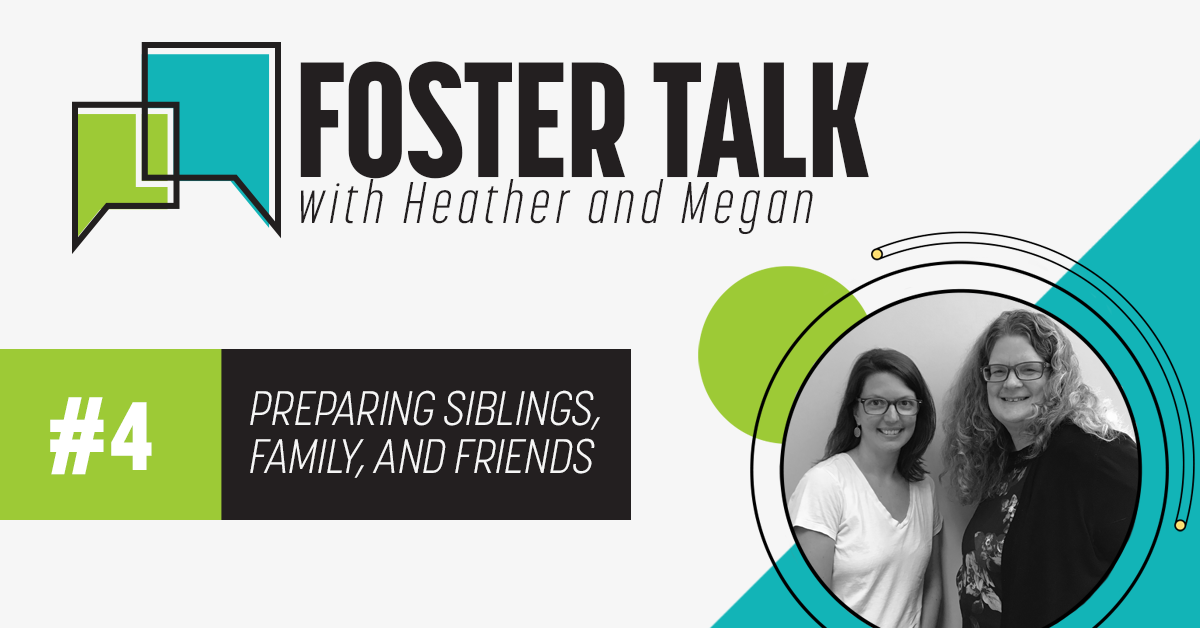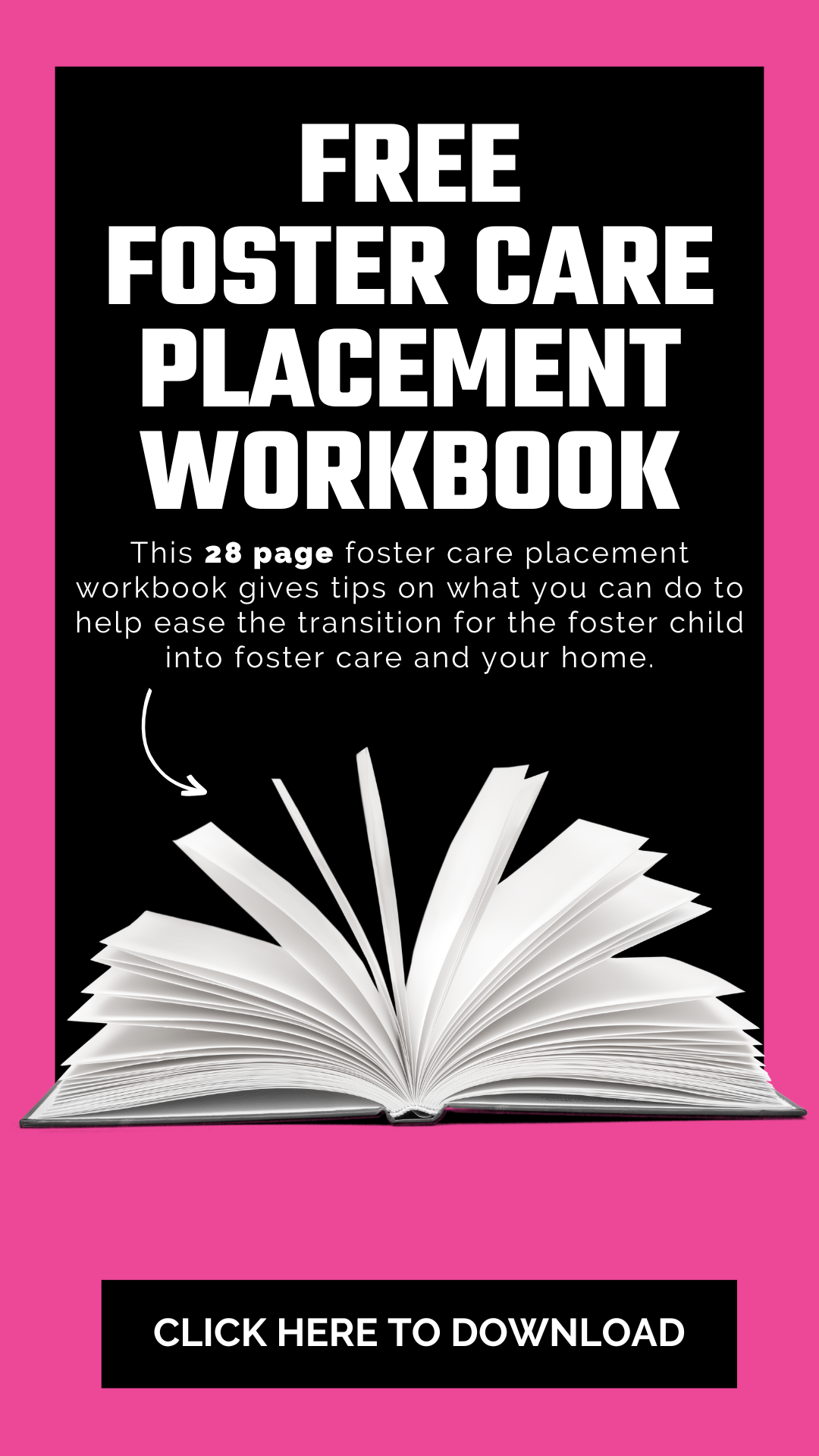
Heather Moore is regional manager for KidsPeace Foster Care in southeast Pennsylvania and a foster parent; Megan Craig is a foster parent based in Doylestown, PA.
In this Foster Talk discussion, they share advice on the subject of sharing – sharing with family, friends and especially your children the news that you are going to be foster parents …
Megan
“Wow. Foster care. What about your girls??”
That is the phrase that, in one way or another, my husband and I hear regularly. And ironically, our girls handle the ups and downs of foster care almost better than we adults do!
But, yes, preparing our daughters for foster care and the coming and going of children was one thing we wanted to do “right.” So in preparation, we hung out with other families who had children and who were active foster homes, to try and normalize it. We celebrated each step in our journey as a family- ice cream out when we got approved and family trips after children reunified. We read anything we could (there are some great children’s books out there!). We prepped the bedroom together with favorite toys and homemade signs welcoming our future baby. And we talked about foster care… A LOT.
Initially, much of our conversations involved who the children might be, why they might come to us, how long they might stay, and how it would affect our day to day lives. When we started, our girls were only 3 and 6, so a lot of our talk was about how there are babies who need a family to love them and care for them while their mommy or daddy did some things to make their home safe again, and then we found they got distracted by the idea of dessert or something. But by allowing the girls to lead the conversation, we were able to answer questions that were most relevant to them without over explaining or boring them.
As the girls have gotten older and our family has had more experience as a foster family, their questions have gotten more specific, more mature, and more focused. Just last night my oldest daughter snuck downstairs after bedtime to ask me, “Mom, is there anything regarding foster care you can tell me but not the other one (referring to her little sister)?” The answer was no, because anything we feel we can share with one child, we share with both. And while we answer honestly, we always keep in mind they are still kids.
Open communication has been our motto with our girls. Age-appropriate and child-led conversations has helped us talk through sad times, frustrating times, and uneasy times. What has been a little trickier has been how and what we communicate with extended family and friends. It is a fine line with sharing information to others, as you want to continue the open communication model and show appreciation for support, but you also don’t want to (and quite frankly, aren’t allowed to) overshare. For reasons beyond the confidentiality clause you signed when you accepted a placement, oversharing information to family and friends might bring about inappropriate responses to the child’s case that isn’t helpful in supporting reunification.
So when prepping family and friends for your foster care journey, I might recommend letting your inner circle know you will share what you can, but they need to respect when you can’t. And ask them to always try to remind you why you are doing foster care … especially through the tougher days.
Heather
Foster care is full of surprises!! While you have spent a lot of time thinking about becoming a foster parent and have done your research on what you think you can expect, your kids and family may not have done the same preparation. They need to have the same information you do so they can support you in your foster care journey.
I recommend that if you have a family member who you think wants to be very involved in your foster care journey, then you should invite them to participate in the training process. We have found that if support people have all the information, they can provide what our foster family needs to support the child placed in their home. Your support people should have information on agency policy and procedures, where the kids come from, and the court process. As part of the approval process you can ask to be connected to a current foster parent, so that you can learn from their experiences on how to educate your family and children.
We have a special training for siblings which we complete with children in our foster homes, which explains the foster care journey in language kids can understand. Depending on the age of your child you can ask your agency to connect your child with a biological child of a current foster family. Biological children will experience situations which they have never had exposure to and need to be prepared for:
- Foster children will have visits with biological parents and may have challenging behaviors before and after visits.
- Strangers (caseworkers) will be coming to the home on a consistent basis and taking more of the parent’s time.
- The biological child might be exposed to behaviors that they have never seen before due to the trauma the foster child has experienced.
Your child will need to understand the foster care journey and their role in welcoming a new member of the family and accepting them regardless of their behaviors or demands on their parents’ time.
It is very important that everyone – including your children, your family and friends – be educated about foster care prior to your first placement. Foster care is a unique and challenging experience, and knowledge is power.


